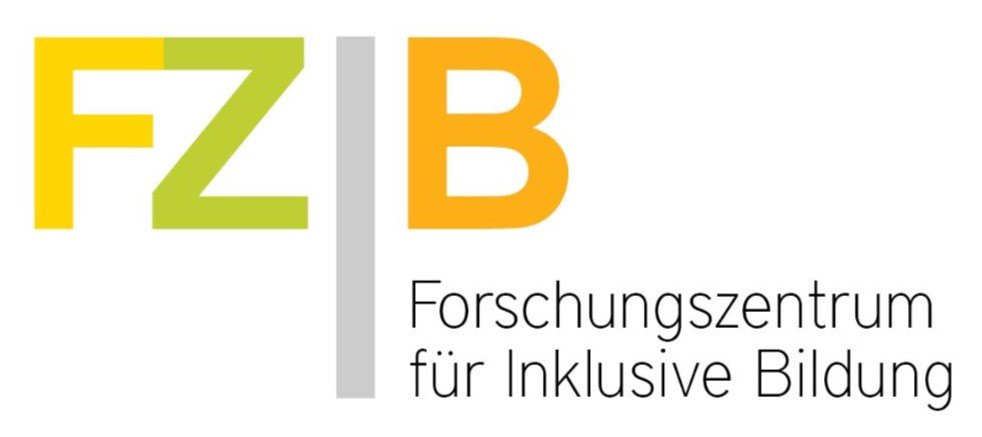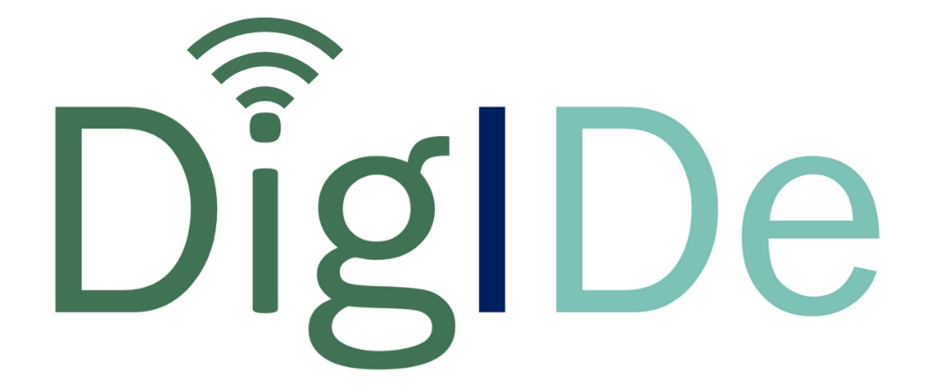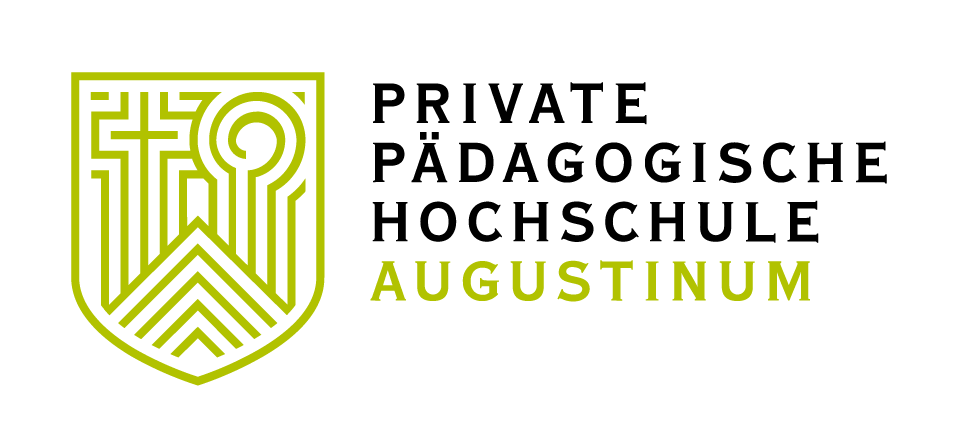DigIDe
DigIDe Detailed description
The increasing life expectancy of people with intellectual disabilities and thus also the rise in age-related illnesses, especially dementia, represents an increasing challenge for caregivers. By 2030, every second resident in residential facilities for the disabled will be aged 60 or over and will therefore be at risk of developing dementia.
The care and support requirements associated with dementia for people with intellectual disabilities are significantly higher than for people without dementia and place a considerable additional burden on caregivers. As the development of dementia is often very slow and gradual, it is not always clear to caregivers when dementia is on the horizon. However, early detection of dementia is necessary in order to be able to react to the challenges in care and support at an early stage and in a prepared manner, thus reducing physical and psychological stress.
Start of page: Content:The increasing life expectancy of people with intellectual disabilities and the resulting rise in age-related illnesses, especially dementia, is a growing challenge for caregivers in the disability care sector. By 2030, every second resident in residential facilities for the disabled will be aged 60 or over and will therefore be at risk of developing dementiaThecare and support requirements associated with dementia in people with intellectual disabilities are significantly higher than in people without dementia and place a considerable additional burden on caregivers. As the development of dementia is often very slow and gradual, it is not always clear to caregivers when dementia is on the horizon. However, early detection of dementia is necessary in order to be able to react to the challenges of care and support at an early stage and in a prepared manner, thus reducing physical and psychological stress.
The aim of this project is to design a digital tool for the early detection of dementia in people with intellectual disabilities and to develop a prototype for this purpose. The aim is to minimize stressful situations that arise for care staff as a result of symptoms of dementia in people with intellectual disabilities and to clarify options for support and encouragement. The tool is being developed in a participatory process with all stakeholders involved and is intended to make everyday life easier for caregivers and expand their observation and communication options.
When designing the digital tool, particular attention will be paid to ensuring that it can be applied and used by caregivers without diagnostic knowledge. In addition, it should enable progress documentation and use as an information tool for two-way communication. The T Tool strengthens the diagnostic possibilities of the caregivers, facilitates observation, supports documentation and internal information transfer, shows support options and reduces the burden on the caregivers in everyday life.
Researchers involved: Univ.-Prof.in Dr.in phil. Barbara Gasteiger-Klicpera (project management), Dominik Pendl, BA MSc. PhD
Contact: Dominik Pendl, BA MSc PhD
Partner organizations:
Lebenshilfen Social Services GmbH
Lifeworlds of the Brothers of Mercy - Styria
Duration: 01.04.2021 - 31.03.2023
Supported by the Work 4.0 project fund of the Styrian Chamber of Labour as part of the digitization offensive




